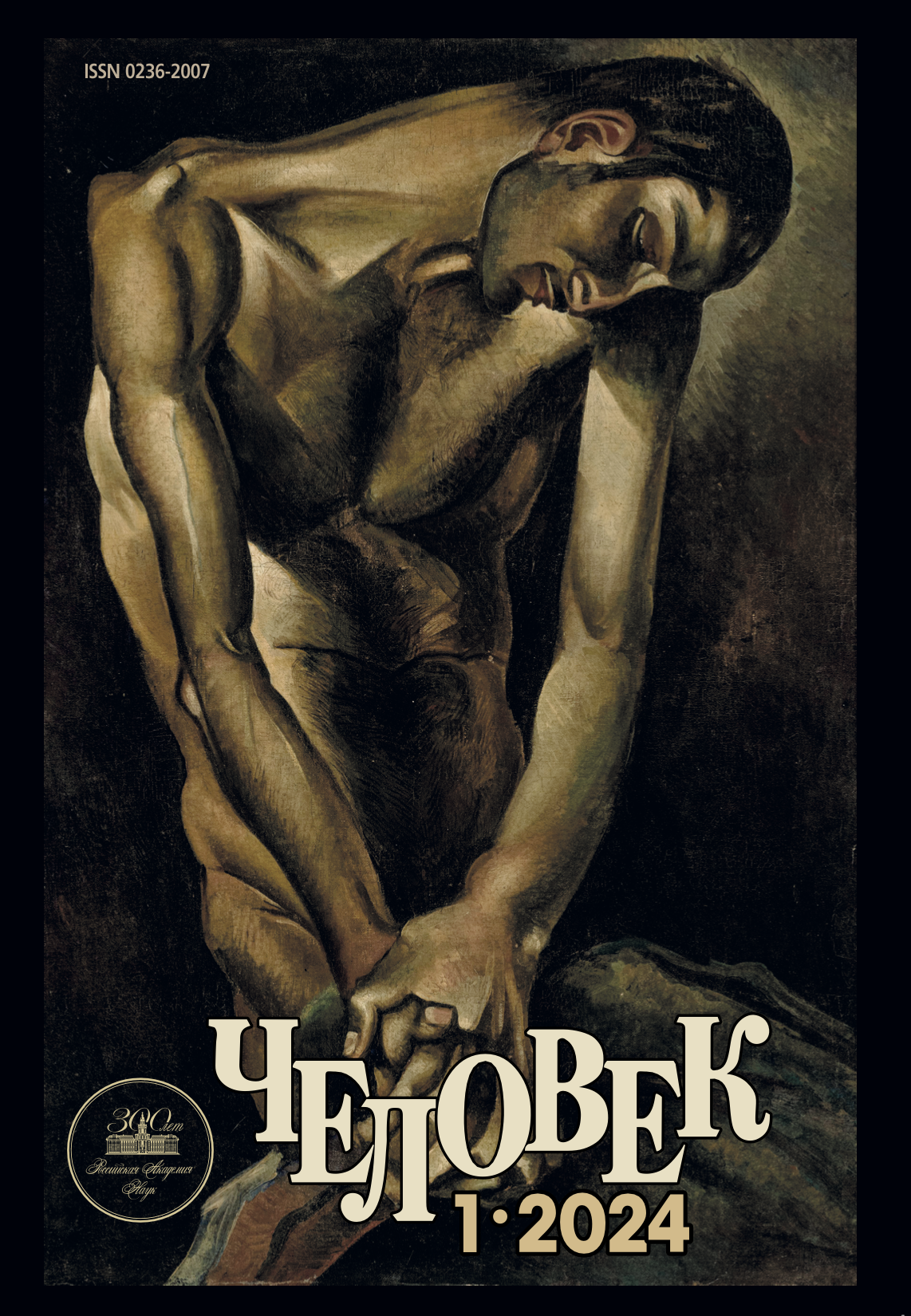Time in the Works of F.M. Dostoevsky: Ontological and Anthropological Interpretations
DOI:
https://doi.org/10.31857/S0236200724010053Keywords:
Dostoevsky's anthropology, man, time, philosophical anthropology, consciousness, human duality,Abstract
The article analyzes the problem of time in the following works by F.M. Dostoevsky: the novel "Demons" and the novella "Notes from the Underground". The main method of the article is anthropological analysis, which will help achieve the purpose of this study and show the connection between man and time. The author suggests moving away from the already familiar interpretation of time in the works of F.M. Dostoevsky, namely, to stop considering time as an ontological category and talk about eschatological and apocalyptic time or even about overcoming it. The study analyzes the views of N.A. Berdyaev, M.M. Bakhtin and V.A. Podoroga on this problem in the works of F.M. Dostoevsky, their shortcomings are revealed and an alternative, anthropological interpretation of time is proposed. It is, in our opinion, that is the closest to the truth in the space of F.M. Dostoevsky's philosophical anthropology. The scientific novelty of the research lies in the fact that the author for the first time in the scientific literature substantiates the idea that time in the selected works of F.M. Dostoevsky appears only with a person, becomes a property of his conscious life and is not an ontological, but an anthropological category. A person becomes someone who lives in time because he is "chained to himself, looking inside his self" (F.I. Girenok). But at the same time, a person does not live in space, because he does not turn to what is outside of it. The closeness of a person in himself makes him a temporary, not a spatial being, which, in our opinion, was demonstrated by F.M. Dostoevsky.






